Greetings, from Rwanda
National Geographic photographers and those who call Rwanda home tell us the experiences they think none should miss out on.
'The views are spectacular…'
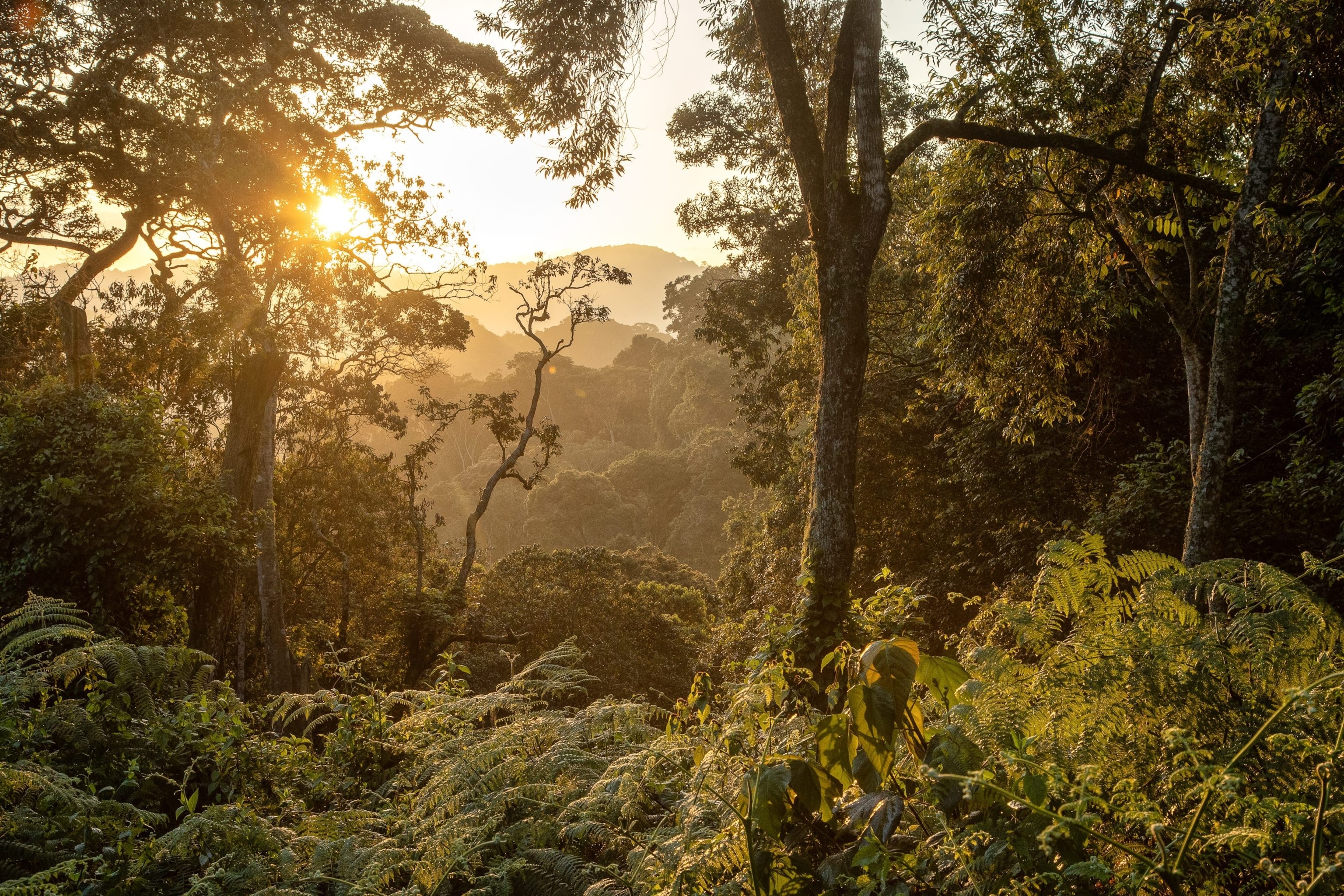
"When I first touched down in Rwanda, I was blown away by how clean it is. In the whole time I was there I barely saw any litter, especially in Kigali—a vibrant city with a good mix of modern and traditional. Rwanda is famous for its gorillas, but seeing chimpanzees for the first time in the wild was the big takeaway from my trip. Just the trek into Nyungwe National Park to find them was a wonderful experience as I had never really stepped into such a rich tropical forest in Africa. The chimps themselves were so tame and took very little interest in our presence, which as a wildlife photographer is exactly what you want. Speaking of which, the morning is the best time to visit Nyungwe; the forest buzzes with life as the sun rises and the views are spectacular when cloud hangs low across the canopy.
When I go back, I’d like to spend more time exploring the Lake Kivu region. The landscape reminds me of parts of the Mediterranean, lots of rolling green fields that border the lake. Rwanda feels totally safe and exploring is nothing but fun."
‘Tourism funds conservation efforts in the park…’
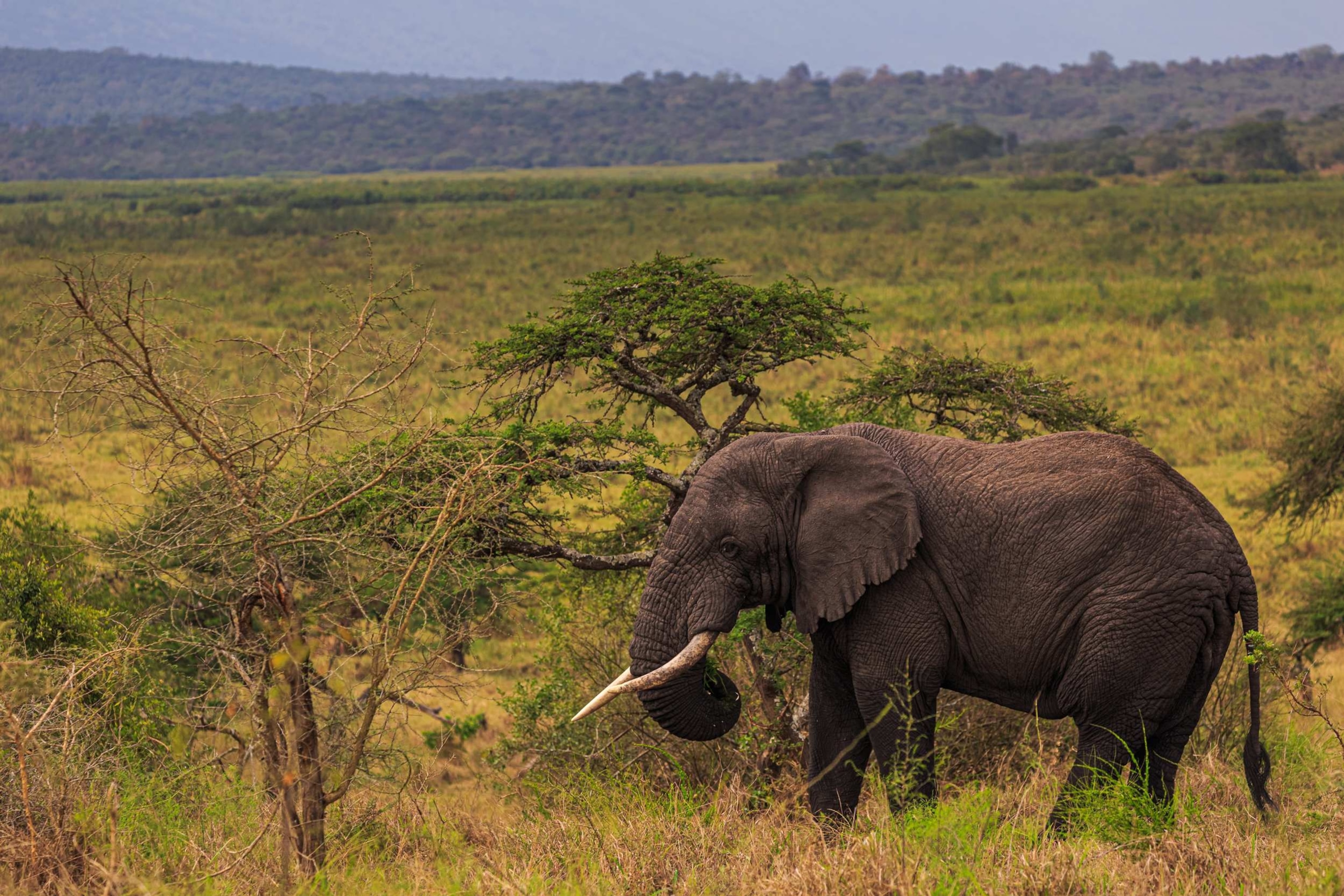
"Akagera has an inspiring conservation story because it is home to lions and rhinos, and is the only park in Rwanda where you can see the ‘big five.’ For one park, the diversity of habitats is huge, with more than 482 bird species documented, including the rare and prehistoric shoebill. When you visit the park, you can feel like you’re there alone, no other cars and no overcrowding.
Tourism funds conservation efforts in the park such as anti-poaching patrols, but also community projects that help increase support for the park. In Akagera especially we have lodges owned and operated by the park where all profits directly fund conservation."
'It feels like there is always an invitation to join in…'
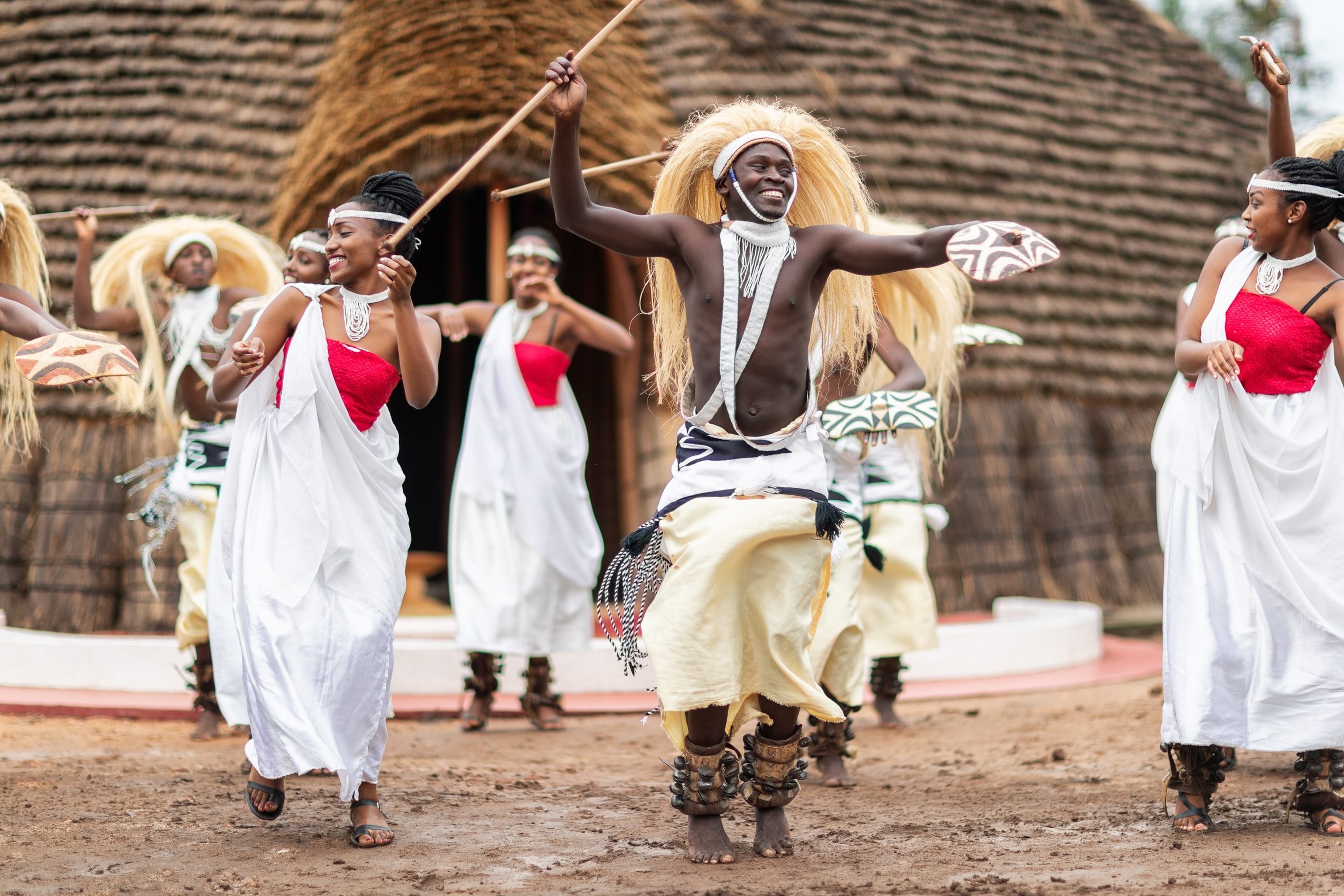
"My memories of Rwanda are all technicolor. Peacock blues, bold oranges, field greens and bright reds share space on bodies and in decor. My favourite thing is when those colours intertwine with Rwandan creativity. I met people who turned glimmers of an idea into colorful dresses, breathtaking murals and fashionable jewellery…sometimes in under an hour.
That kind of imagination builds into an energy that is palpable and infectious throughout the country. I felt it sitting at a rooftop bar overlooking Kigali where strangers quickly became friends and in casual conversations with shopkeepers. I think that’s why visitors feel so comfortable so quickly here. It feels like there is always an invitation to join in - conversations, dining tables, dancefloors - and resistance is futile.
I know because I got married in Musanze. Sure, it was a recreation of a traditional ceremony with the Gorilla Guardians at Ibyiwacu Village, but I’m using it as my excuse to return: I’ve left a piece of my heart in Rwanda."
'We have an extraordinary culture…'
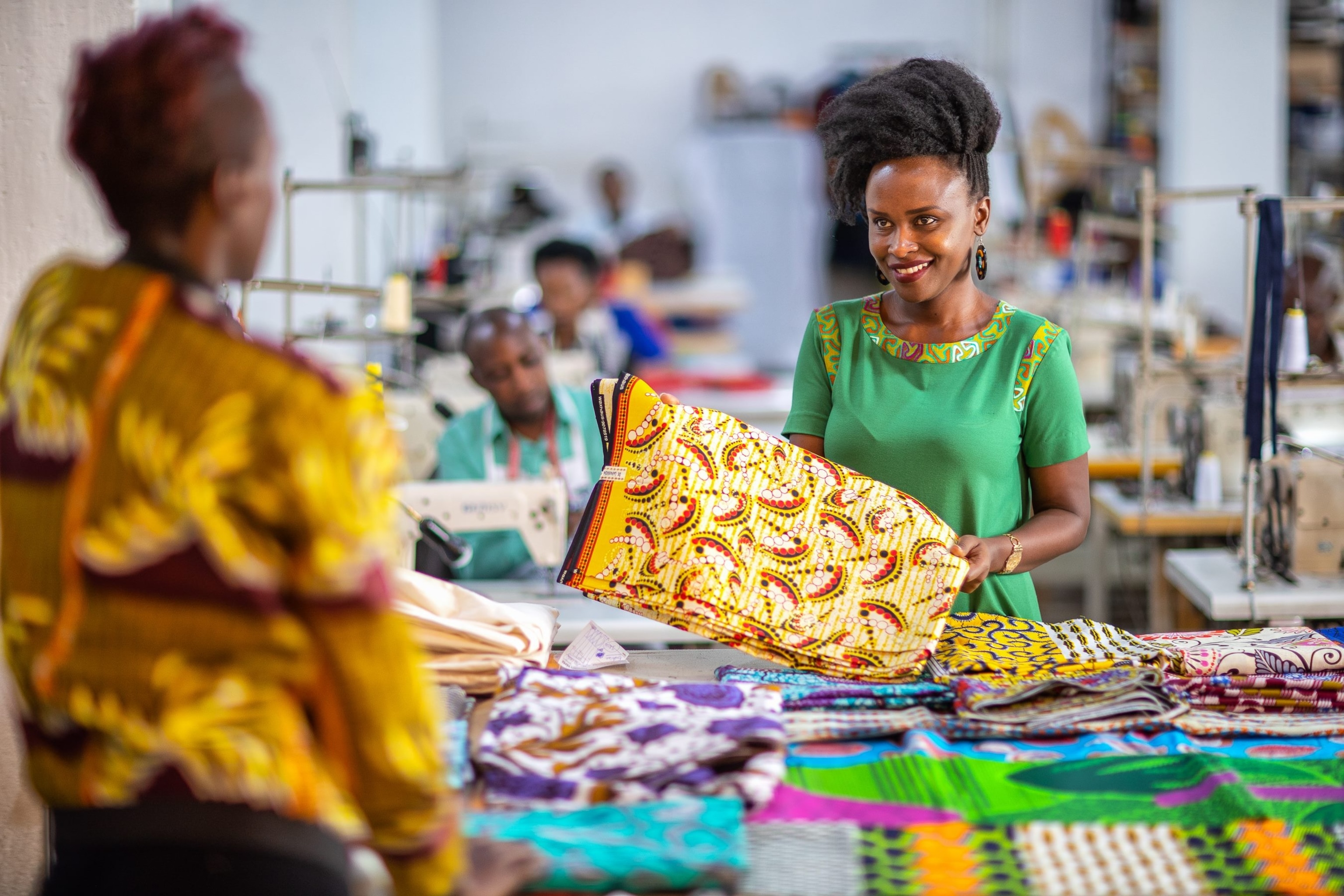
"In Rwanda, we have an extraordinary culture and the natural elegance of the people influences our fashion design to be very unique. If someone commissions me for a design piece, I normally draw my inspiration from what’s around me, maybe a certain type of fabric or pattern. I might tailor a piece for customers based on their taste, the way they move, their favorite color, or maybe even their sassy personality.
If a friend visits me in Kigali, I take them to the market to buy fabrics. We have lunch in a small local restaurant, and then after we come back to my show room where I explain my creative process. After that we find a restaurant with a good roof top view so they can enjoy our beautiful Kigali.
For anyone visiting a Rwandan city, I would recommend they visit our museums to learn about Rwandan culture, and experience all the craftsmanship happening around the city, like cooperatives and different types of Made in Rwanda production."
'Get out when the light is at its most interesting…'
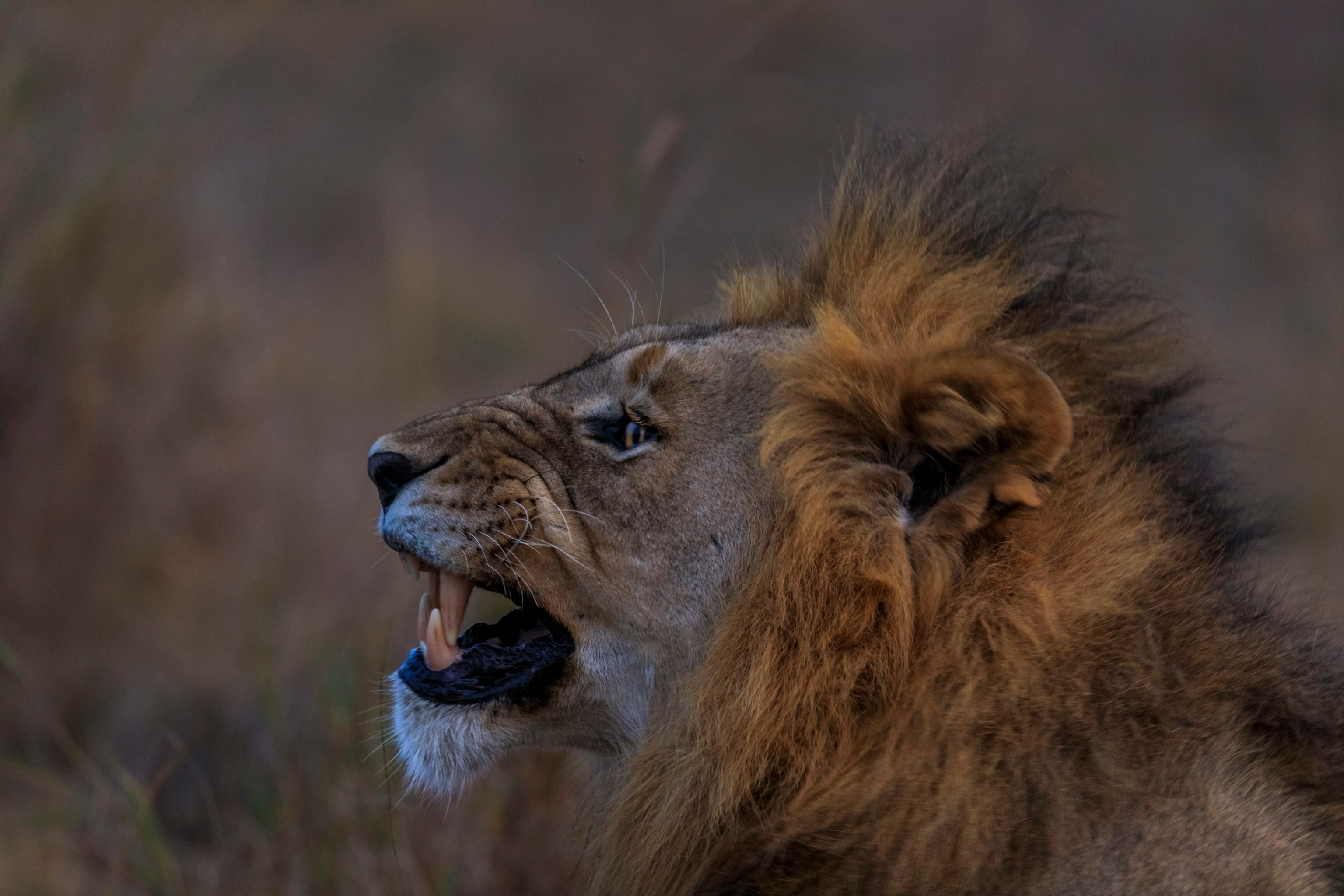
"My work in Rwanda has focused on its protected areas and I love its very real commitment to restoring and conserving those areas. During the first hour of a night game drive on the Magashi Peninsula, I had one of the most incredible wildlife behaviour sightings—two male lion brothers emerged just before sunset and strolled right alongside our safari vehicle. Within 10 minutes they had gotten a hold of a large male warthog and devoured the animal over the next hour. It was a remarkable show of predator-prey dynamics with lions newly introduced to Akagera National Park.
For some really memorable imagery, get out when the light is at its most interesting - morning, evening, and storms. And don’t worry about having the biggest zoom lens, you can get some fantastic shots by framing wildlife in relation to where they live. Most people visit Volcanoes National Park for the gorillas, but you can also see more of the unique ecosystem by summiting one of the volcanoes, visiting the grave site of Dian Fossey, the crater lakes, or seeing the golden monkeys. It's a really diverse national park."
‘Try the canopy walkway…’
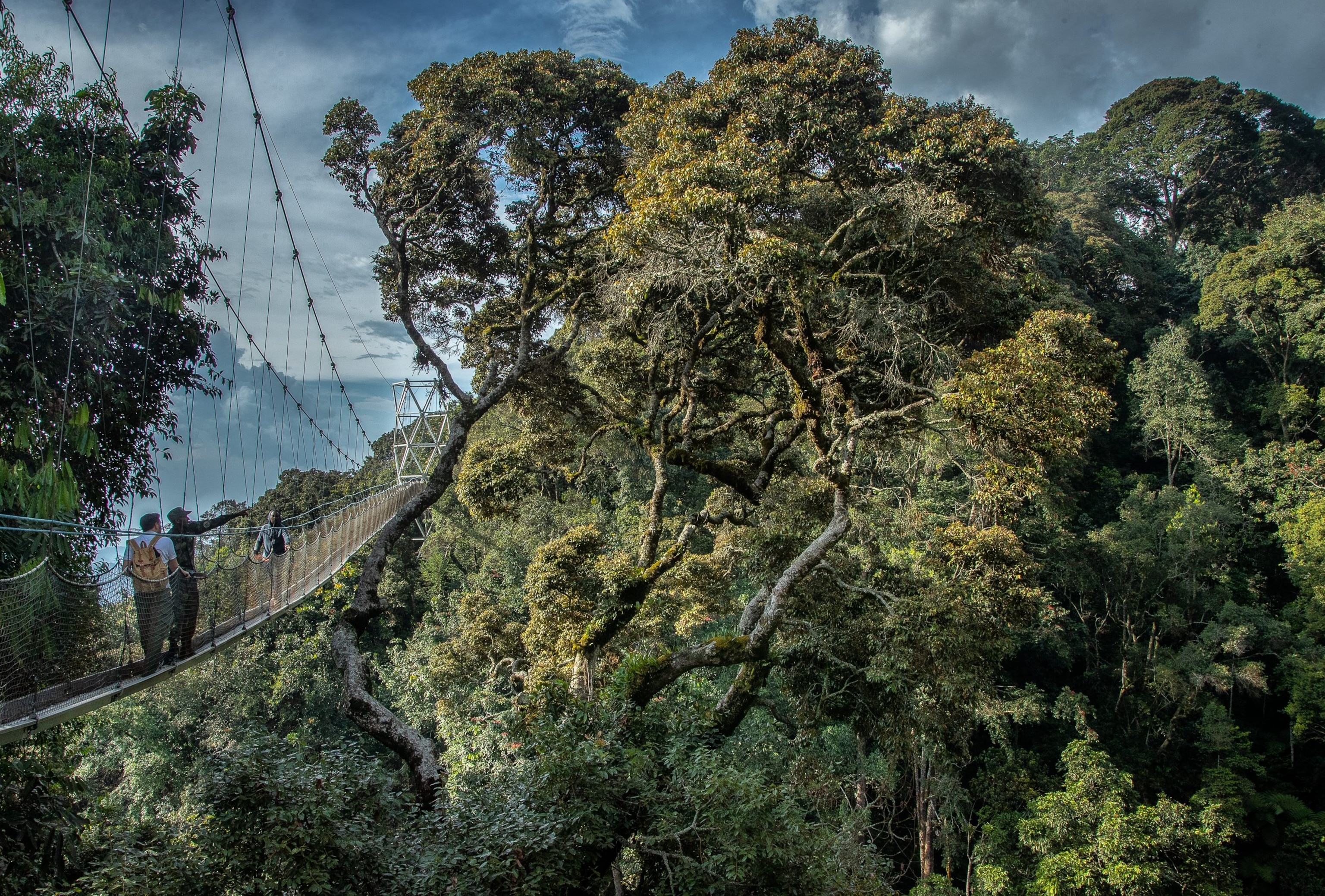
"For me, becoming a park ranger was about my contribution in the conservation of our national parks, both now and for future generations. If you want to visit Nyungwe National Park, I would suggest seeing the newly discovered Ndambarare waterfall, or try the canopy walkway, which I do with my family. I also like to trek to see chimpanzees with my friends."
'Rwandans are very welcoming…'
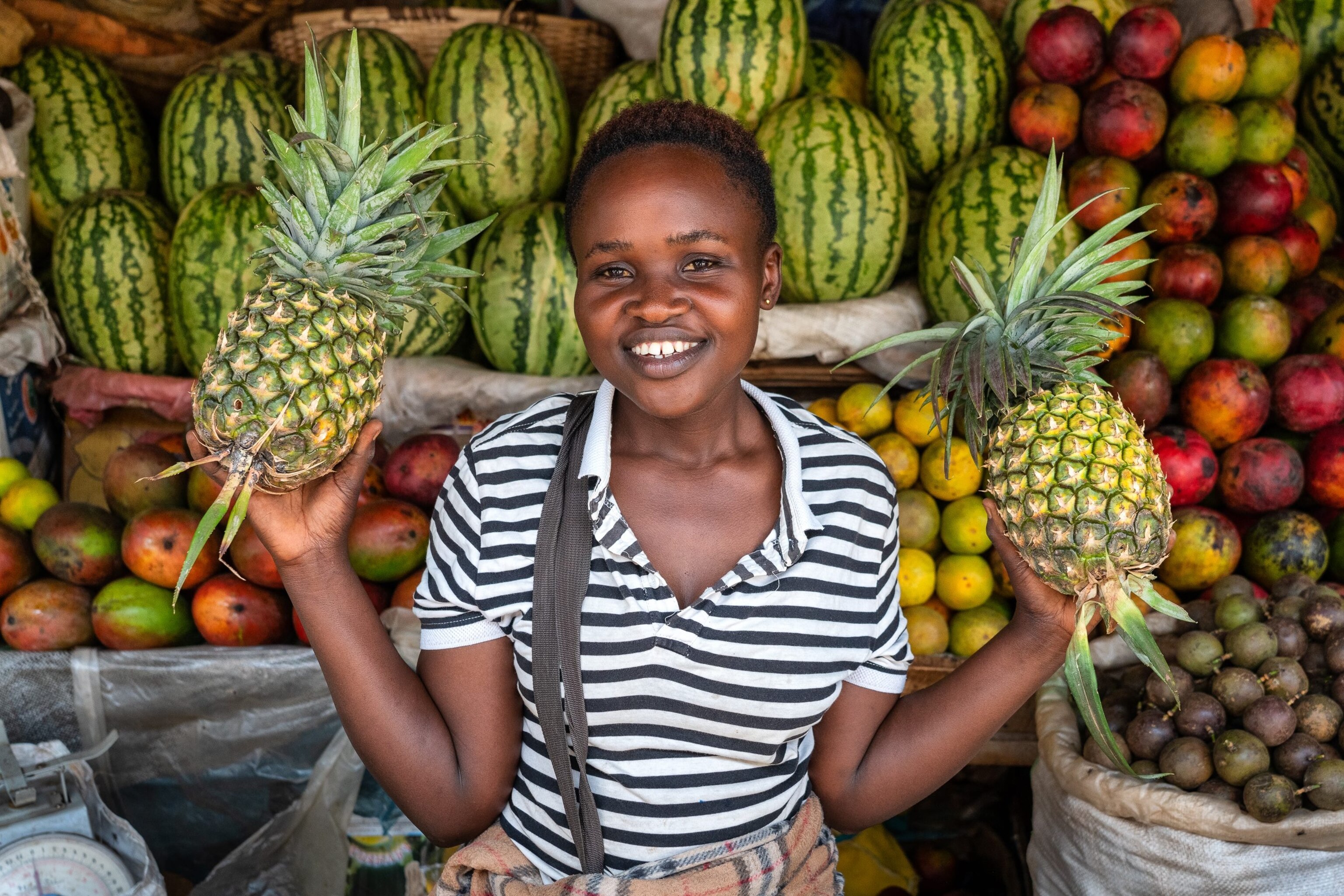
"Kigali offers the key services for travellers, including travel visas to surrounding countries and car rental. Try and spend at least two nights in our expanding and green city. If you are keen to learn about the history of Rwanda, try visiting the Kigali Genocide Memorial to understand how the country has moved from darkness to brightness over the last 26 years.
In Rwanda, you can greet someone by shaking hands, but if you’re meeting someone for the first time the preferred greeting is to wave and say ‘’hi’’. In the cities people speak Kinyarwanda, English, Swahili, and French.
Traveling in the countryside requires some fitness, especially in the mountainous north and south western parts of the country. Rwandans are very welcoming, and most digital services such as banking, ordering food, and online car or hotel booking are now readily available."